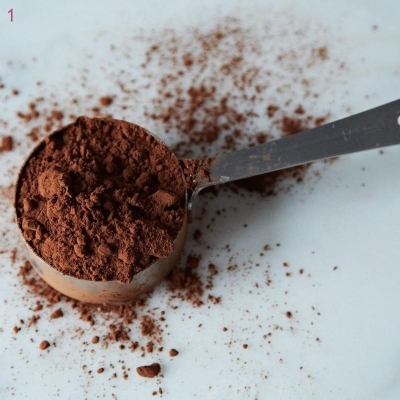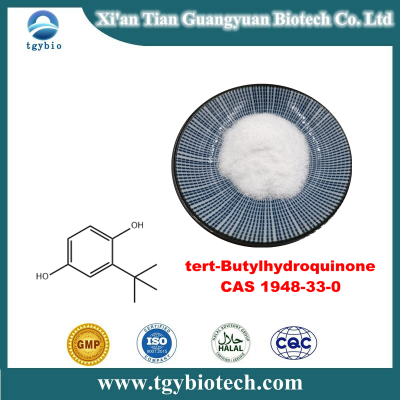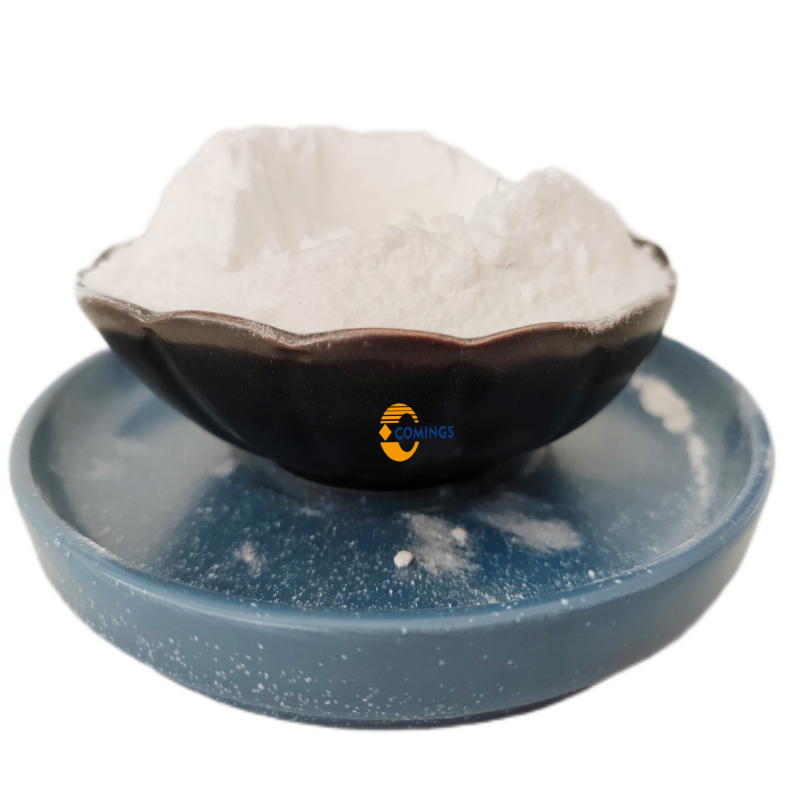-
Categories
-
Pharmaceutical Intermediates
-
Active Pharmaceutical Ingredients
-
Food Additives
- Industrial Coatings
- Agrochemicals
- Dyes and Pigments
- Surfactant
- Flavors and Fragrances
- Chemical Reagents
- Catalyst and Auxiliary
- Natural Products
- Inorganic Chemistry
-
Organic Chemistry
-
Biochemical Engineering
- Analytical Chemistry
-
Cosmetic Ingredient
- Water Treatment Chemical
-
Pharmaceutical Intermediates
Promotion
ECHEMI Mall
Wholesale
Weekly Price
Exhibition
News
-
Trade Service
Note: The author of this article is food partner network food forum netizen "Li Shixuan".
Southern Daily, December 12, the A21 edition published "its mango crisps, sesame crisps Shakima and other foods containing prohibited antioxidants Xu Fuji was found by the Fukuda court illegal addition" news report, from the report shows the origin of the matter: on August 28, 2012, a Guangdong consumer in Shenzhen Carrefour Commercial Co., Ltd. purchased mango crisps (2 Produced on July 18, 2012), Sesame Crisp Shakima (produced on July 22, 2012), peanut crispy sweets (produced on January 12, 2012) three Xufuji food products, and later found that the three foods have illegal addition of food additives, that is, in the above-mentioned food product labels, labeled containing food additives TBHQ, BHT.
And in accordance with the relevant provisions of national standards, Tbutyl paraphenol ("TBHQ") and xybutyl hydroxyl toluene ("BHT") two food additives can not be added to pastries or confectionery food;
then, consumers sued Carrefour and Xu Fushi in the Futian court in Shenzhen, claiming that "Carrefour's sale of unqualified products constitutes fraud" and accusing Xu Fushi of producing unqualified food.
And the Futian District Court in Shenzhen recently concluded the case, found that Xu Fuji mango crisps, sesame crisps Shakima containing state regulations not to add antioxidants in pastries or confectionery, the act has constituted fraud against consumers, must be compensated.
Although Xu Fushi argued that the offending substances were brought in as raw materials and not artificially added, the court refused to accept them on the grounds that there was insufficient evidence.
Letter of Opinion on Ingredients and Origin Labeling in Food Labeling issued by the General Administration of Quality Inspection in 2008 (Quality Inspection Law Letter No. 105) states that "food additives used directly in food do not include food additives contained in ingredients other than food additives added to the production of processed foods".
court ruled that Xu Fushi was in violation of the law.
And China's Food Additives Use Standard (GB2760-2011) stipulates that tebutyl diphenol (TBHQ) and dibutyl hydroxyl toluene (BHT) are not allowed to be added to pastries or confectionery foods, but at the same time provides for the "3.4 into the principle."
The Food Additives Use Standard (GB2760-2011) clearly states that TBHQ is permitted to be used in "Food Classification No. 04.05.02.01 Cooked" Nuts and Seeds," "Food Classification No. 02.0 Fat, Oil and Emulsified Fat Products", while butyl hydroxyl toluene (BHT) is permitted to be used in "Food Classification No. 02.0 Fat, Oil and Emulsified Fat Products".
Xu Fuqi company has stated that TBHQ in crispy sugar products by cooked tree nut peanuts, etc. , Shakima products TBHQ from raw edible oil, filling products TBHQ, BHT from raw edible oil, these are in line with the "food additives use standards" (GB 2760-2011) "3.4 into the principle."
question and answer to the General Regulations on Prepackaged Food Labeling (GB7718-2011), "Twenty-five, on the labeling of composite ingredients in the ingredients list" stipulates: "... If in line with the "Food Additives Use Standard" (GB2760) provisions of the lead principle and in the final product can not play a process role, do not need to be labeled, but the compound ingredients in the final product process role of food additives should be marked..." Xu Fu remembers the product label since there are TBHQ and BHT, should be these two antioxidants on the final product has a process role, but this does not mean that the label has these two antioxidants, is added.
I think that marking is a responsible attitude towards the public, while also maintaining the public's right to know, but it is worth noting that Xu Fushi company did not follow the "recommended label" in the General Rules of Prepackaged Food Labeling (GB7718-2011) to write the label, if the original written cooking oil (including TBHQ), today will not be so suspicious.
In addition, Xu Fuji company's website also pointed out that the company's production of shakima, crispy sugar, pastry products ingredients table teddingi on the use of phenol, Dongguan City, Guangdong Province, the Quality and Technical Supervision Bureau issued on September 24, 2012 in the official document indicating legal compliance.
In addition, the various departments of food safety "letters" is too many, may be two days later which media jumped out to say, "Kowloon water", "they are fighting" and so on, or hope that there is a dynasty, food safety issues by a department to manage, a tube in the end.
From Tencent and other portals comments and comments, the vast majority of netizens said that "even Xu Fu remember is a problem", "Xu Fu remember in the quibble, take the initiative to add and raw materials into what difference", although the public is very worried about food safety, but also show the public's basic knowledge of food safety and lack of legal knowledge, can not make rational analysis, so easy to be misled by media reports.
, Xu said he would appeal, but the incident has damaged Xu Fushi's image.
court's decision is the catalyst for public opinion to misunderstand the Xu Fushi brand, which in turn leads to more misunderstanding of food safety by consumers.
even if the court withdraws the verdict, the public may challenge the court's corporate public relations.
to participate in the discussion please see:







